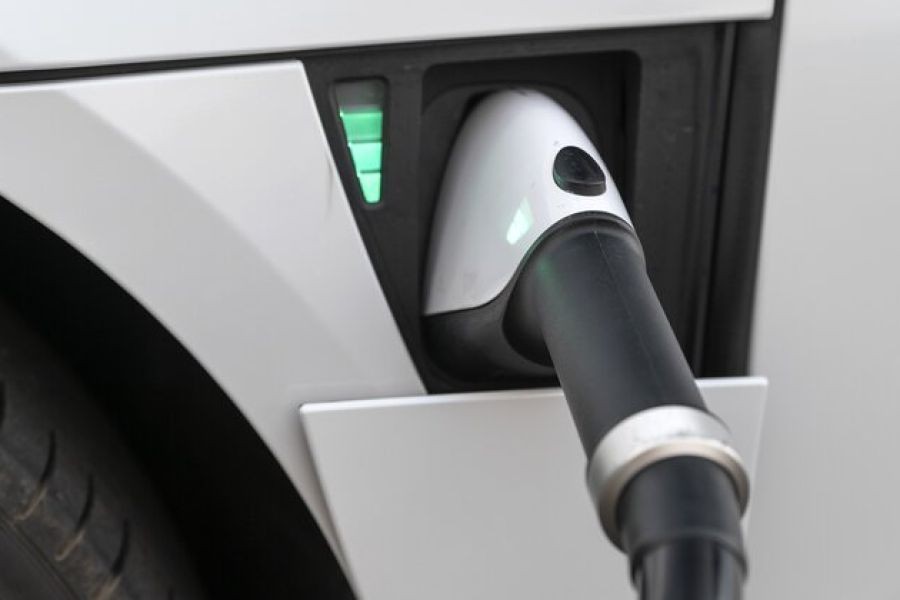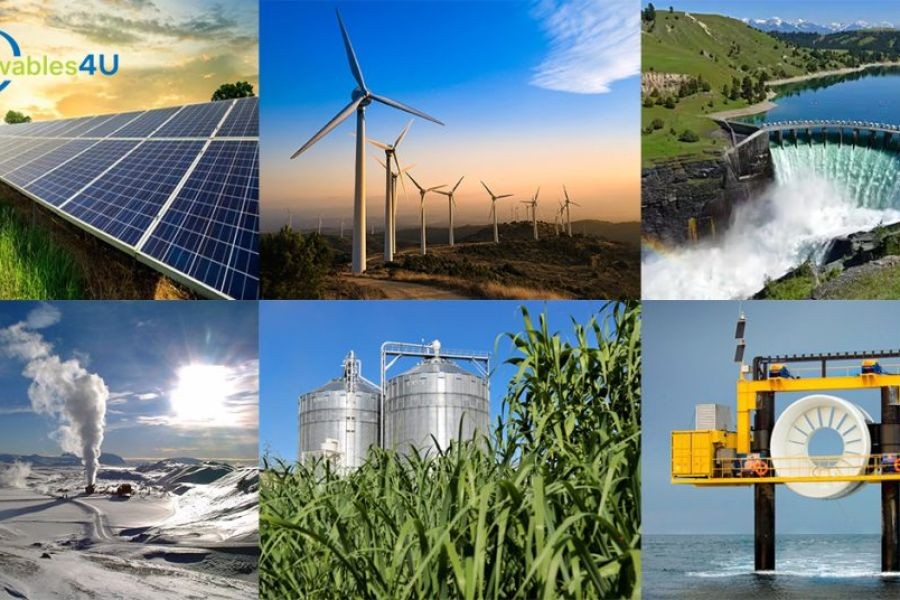Electric cars are revolutionizing global transportation, and New Zealand is no exception. As the world shifts towards sustainable energy solutions, New Zealand faces a unique set of challenges and opportunities in adopting electric vehicles (EVs). This article explores the readiness of New Zealand to embrace the electric car revolution, offering insights into the country's infrastructure, economy, and environmental policies.
The Current State of Electric Cars in New Zealand
New Zealand has seen a significant increase in electric vehicle adoption over recent years. As of 2023, there are over 35,000 electric vehicles on New Zealand roads, a substantial climb from just a few thousand in the early 2010s. This growth is supported by the government’s commitment to reducing carbon emissions, evident in the Clean Car Discount Scheme and other incentives aimed at promoting EV purchases.
Data from Stats NZ highlights a 300% increase in EV registrations from 2018 to 2023, reflecting a strong consumer shift towards sustainable transportation. However, despite this growth, electric vehicles still comprise a small percentage of the total vehicle fleet, indicating significant room for expansion.
Case Study: Wellington's Electric Vehicle Initiative
Wellington, New Zealand’s capital, has been at the forefront of promoting electric vehicles. The city council launched the 'Go Electric' initiative, which aims to make 30% of the city’s new vehicle fleet electric by 2025.
Problem: Wellington faced challenges with air pollution and traffic congestion, exacerbated by a high number of petrol and diesel vehicles.
Action: The city invested in EV charging infrastructure, including the installation of fast chargers in key locations. Partnerships with local businesses were formed to offer incentives for electric vehicle purchases.
Result: The initiative led to a 15% increase in electric vehicle registrations within the first year. Public transport emissions in Wellington have decreased by 10%, showcasing the program’s impact.
Takeaway: Wellington’s experience demonstrates the importance of infrastructure and incentives in enhancing EV adoption. Other cities in New Zealand could replicate this model for similar success.
Infrastructure and Economic Challenges
While New Zealand is making strides in EV adoption, infrastructure remains a significant hurdle. The country's geographical layout poses challenges for establishing a comprehensive charging network, especially in rural areas. The Ministry of Business, Innovation and Employment (MBIE) has identified the need for an additional 1,500 public charging stations by 2025 to support growing EV numbers.
Economically, the initial cost of electric vehicles is higher than traditional vehicles, which can be a barrier for many consumers. However, the long-term savings on fuel and maintenance, combined with government incentives, are gradually tipping the scales in favor of EVs.
Case Study: Global Inspiration from Norway
New Zealand can draw lessons from Norway, a world leader in electric vehicle adoption. In 2022, over 80% of new car sales in Norway were electric, thanks to robust government policies and incentives.
Problem: Norway faced high carbon emissions and a dependency on oil.
Action: The government introduced tax exemptions, free parking, and access to bus lanes for EV users. Public and private sectors collaborated to build extensive charging infrastructure.
Result: Norway drastically reduced its carbon emissions and set a global benchmark for EV adoption rates.
Takeaway: New Zealand can benefit from similar policies, encouraging both consumer adoption and infrastructure development to achieve comparable success.
Pros and Cons of Electric Cars in New Zealand
As New Zealand moves towards a sustainable future, it's crucial to weigh the pros and cons of electric vehicles.
Pros:
- Environmental Impact: EVs significantly reduce carbon emissions, aligning with New Zealand’s climate goals.
- Cost Savings: Despite higher initial costs, EVs offer long-term savings on fuel and maintenance.
- Innovative Technology: EVs incorporate advanced technologies, enhancing driving experience and safety.
- Government Support: Incentives and rebates make EVs more accessible to consumers.
Cons:
- Infrastructure Gaps: Limited charging stations in rural areas pose challenges for long-distance travel.
- Initial Cost: Higher upfront costs can deter potential buyers despite long-term savings.
- Range Anxiety: Concerns about battery range remain a barrier for some consumers.
Debunking Myths About Electric Cars
There are several misconceptions surrounding electric vehicles that need addressing:
- Myth: "Electric cars have limited range." Reality: Modern EVs offer ranges exceeding 500 km on a single charge, sufficient for most journeys in New Zealand.
- Myth: "EVs are too expensive." Reality: While the initial cost is higher, total cost of ownership is lower due to savings on fuel and maintenance.
- Myth: "Charging takes too long." Reality: With fast-charging stations, EVs can be charged to 80% in about 30 minutes.
Future Trends and Predictions
The future of electric vehicles in New Zealand looks promising. According to a forecast by the Reserve Bank of New Zealand, EVs could constitute 50% of the country's vehicle fleet by 2030. Advances in battery technology, coupled with increased government investment in infrastructure, are expected to drive this growth.
Moreover, as global manufacturers focus on EV production, the cost of electric cars will likely decrease, making them more accessible to the average consumer. New Zealand’s commitment to renewable energy will further bolster the case for electric vehicles, reducing dependency on fossil fuels and supporting a cleaner environment.
Final Takeaways
- Electric vehicle adoption in New Zealand is growing, supported by government incentives and environmental benefits.
- Infrastructure development is crucial to overcoming current barriers and supporting widespread EV use.
- By learning from global leaders like Norway, New Zealand can accelerate its transition to electric vehicles.
- Addressing misconceptions and highlighting the benefits of EVs will be key to increasing consumer confidence and adoption.
The shift to electric vehicles represents a significant step towards a sustainable future for New Zealand. By addressing current challenges and leveraging global best practices, New Zealand can position itself as a leader in sustainable transportation.
What’s Next?
Are you considering an electric vehicle or already driving one? Share your experiences and insights in the comments below. For more updates on New Zealand's journey towards sustainable transportation, subscribe to our newsletter!
People Also Ask
- How does electric vehicle adoption impact New Zealand's economy? The transition to electric vehicles is expected to reduce fuel import costs and stimulate local industries involved in EV infrastructure development.
- What are the biggest misconceptions about electric cars? Many believe EVs have limited range, but modern models offer ranges suitable for most journeys in New Zealand.
- Who benefits the most from electric vehicles? Urban commuters benefit from lower fuel costs, while businesses can reduce their carbon footprint and operational costs.
Related Search Queries
- Electric vehicle incentives in New Zealand
- Charging stations for electric cars NZ
- Environmental impact of EVs in New Zealand
- Future of electric cars globally
- Norway electric vehicle success story































